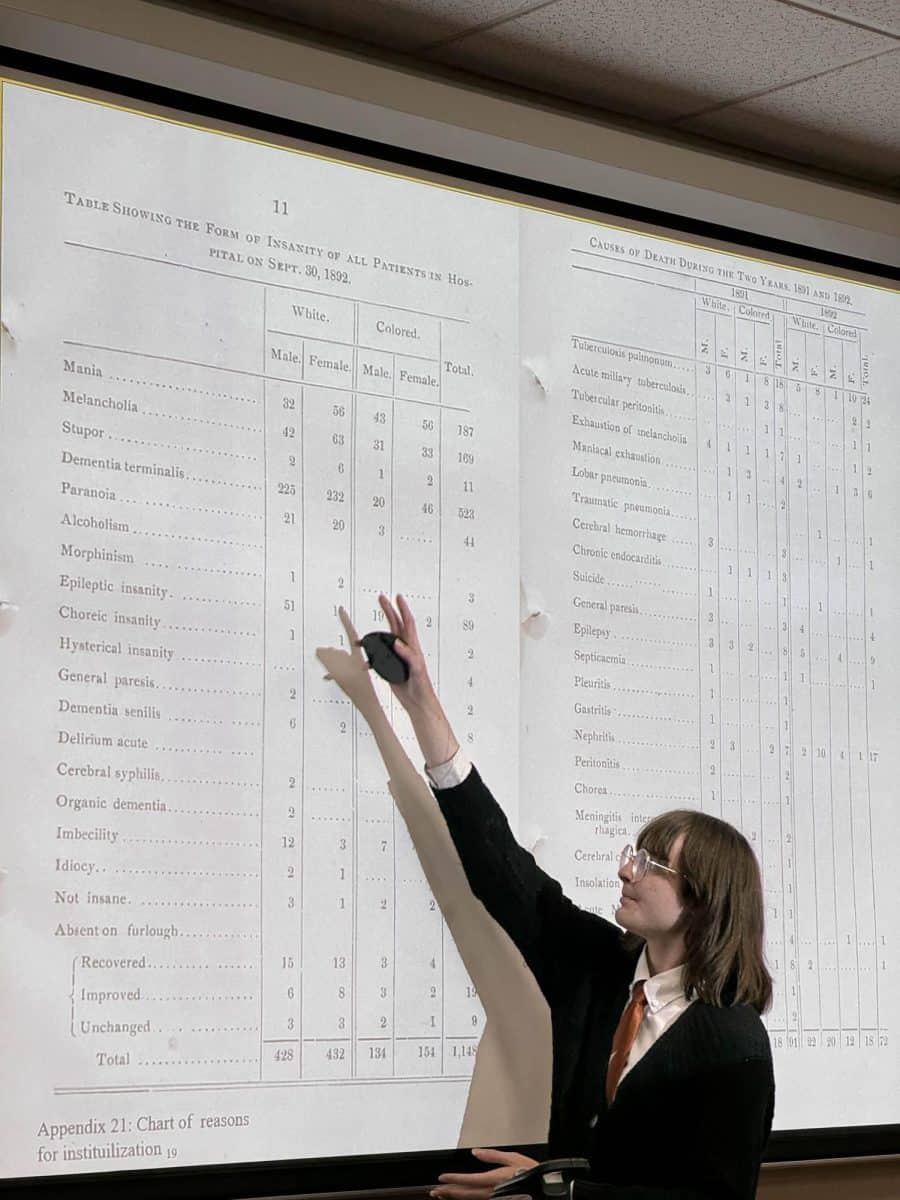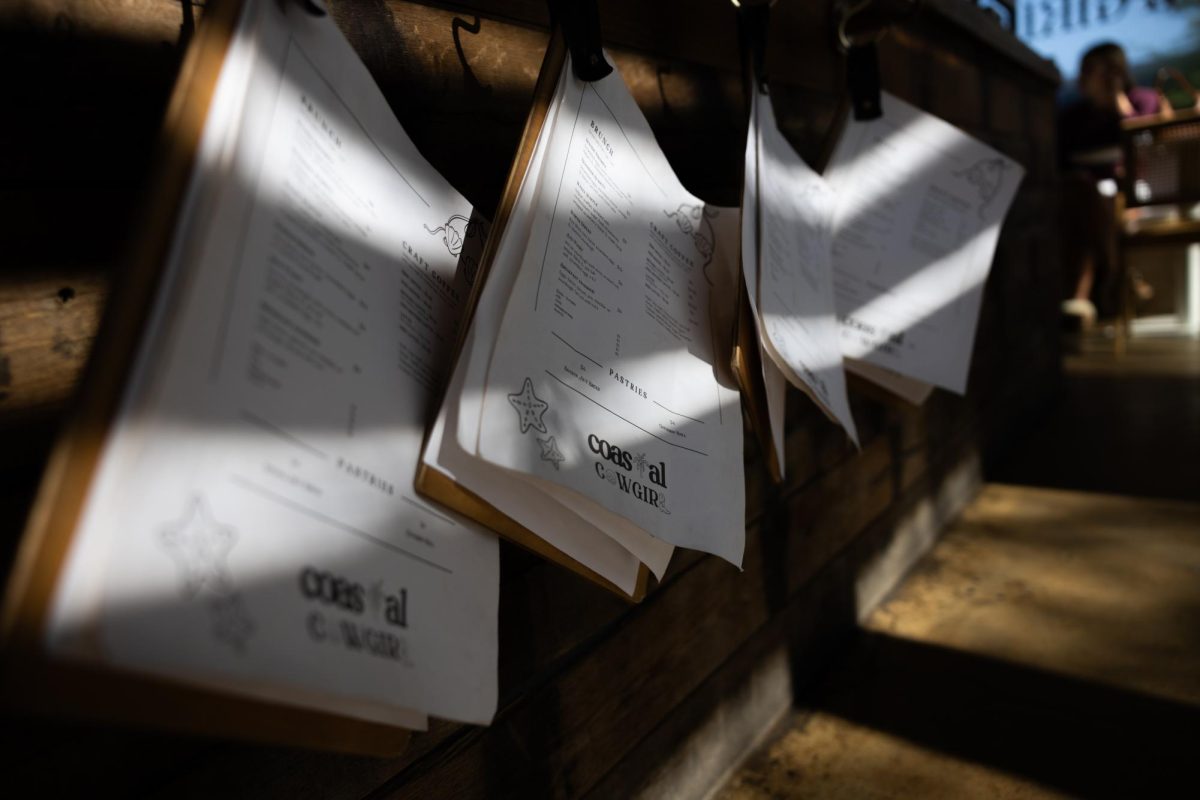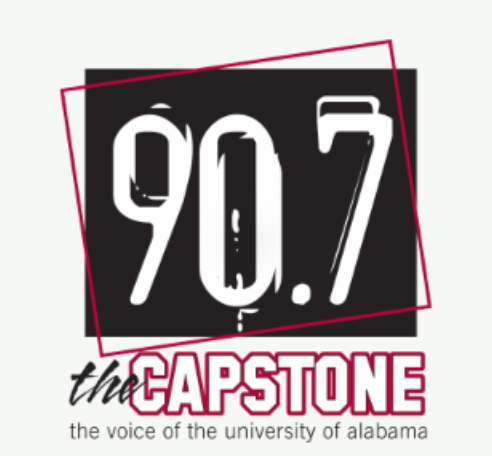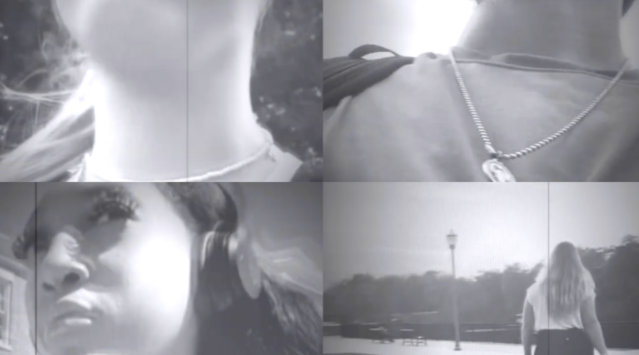UA student Cordelia Hulsey presented her recent findings on Bryce Hospital, Partlow State School and Hospital, and the Jemison Center on Tuesday as a part of her “History of Bryce-Partlow-Jemison” lecture. Hulsey’s findings concluded that the Alabama Department of Mental Health does not adequately share its history on mental health to the public.
Hulsey studies anthropology at the University and has spent the past two years researching the institutions.
“If you would have told me two years ago today that my special interest would lead me to my actual career I would have laughed in your face,” Hulsey said.
Tuscaloosa is home to several former mental health facilities, all with a history of outdated practices but no tangible records. Bryce Hospital and Partlow State School and Hospital both have little to no recorded information about them anywhere on the internet. Hulsey also said that the Jemison Center, although already infamous, has worked to hide more unruly practices.
During the 1900s, Bryce Hospital used a method of occupational therapy known as moral treatment that focused on early intervention to prevent worsening symptoms in the mentally ill. The hospital had its own farm, coal mines and a railroad that ran through the hospital.
“Bryce Hospital was known as its own entity,” Hulsey said. “The hospital was completely self-sufficient by itself, and as the trend of using moral treatment died out … what made Bryce hospital so reputable was that they continued to use occupational therapy.”
Hulsey also covered the Partlow State School and Hospital for those with intellectual disabilities, as well as the Jemison Center, otherwise known as the State Farm Colony for Negroes.
Partlow State School was a mental health institution that used eugenic sterilization on its patients. Eugenic sterilization is defined as the sterilization of a person with mental health handicaps out of fear that they will pass down the handicap to a child through heredity or will be unable to properly care for the child.
In Hulsey’s research, she found a quote from William Dempsey Partlow, superintendent of the Alabama Department of Mental Health. The quote is in an archived paper correspondence, in which Partlow says that “more is to be accomplished by prevention than by cure.” Hulsey explained that Partlow had little to no sympathy for these patients.
“To me, that means that they weren’t trying to help these people,” Hulsey said. “They were trying to prevent them from being seen and being alive. Those men and women were just like you, and while I bring light to the subject, the tragedies that took place there now have them dissolved into just numbers, nothing but a statistic.”
Hulsey wrapped up her presentation with the history of the Jemison Center, formerly known as Old Bryce Hospital. She claimed that the Jemison Center presented itself on the outside as an extension of another mental institution, Searcy Hospital, but the superintendent’s reports gained from Hoole Library state that the Jemison Center was publicly used by its administration as a plantation.
“The Jemison Center tried to cover its tracks. It tried to go into hiding about how they truly treated their patients,” Hulsey said. “Though in the census report, we see the patients referred to as ‘inmates’ and were able to see the astounding numbers in profit they made from the goods that these patients produced. This was a real plantation and no one ever talks about it.”
The presentation was attended by many of Hulsey’s colleagues, fellow anthropology students, and her professors and mentors.
“Academic independence is what we want,” said event attendee Osiris Molina, a professor of clarinet and the woodwind area coordinator in the school of music. “We want students who can think for themselves. Students should be able to envision what they want and do what it takes to pursue it.”
Hope Tenca, a sophomore majoring in anthropology, said that Cordelia’s intense passion for her research is inspiring.
“I also want to specialize in archaeology, and I want to be able to present my research in as much depth like Cordelia did tonight,” Tenca said. “It’s very important for students to see each succeed and support each other so we are confident enough to use what we’ve learned in college out in the real world.”









